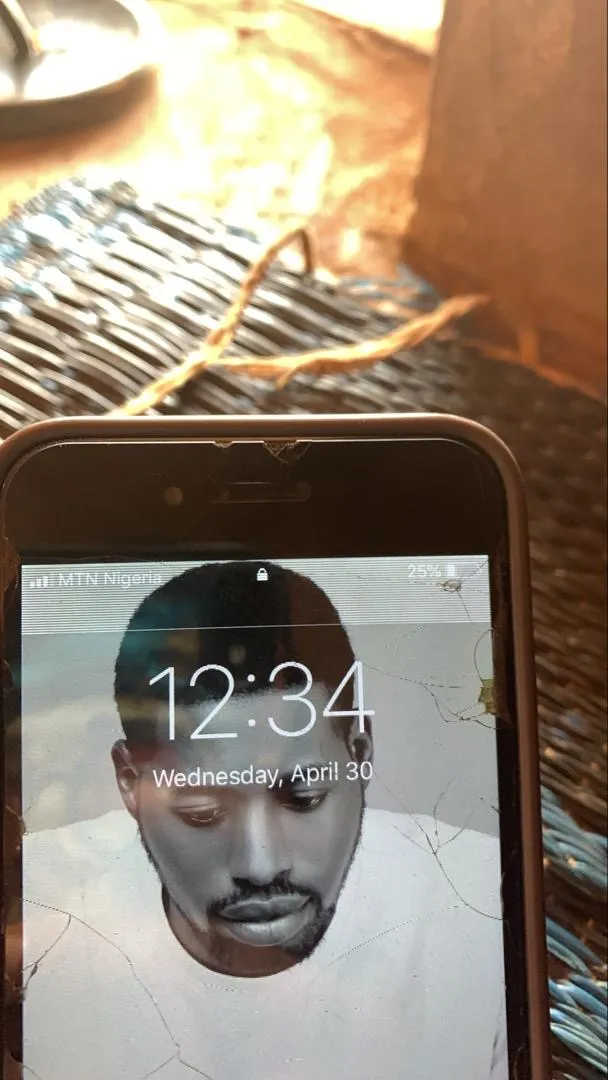Technology can be a blessing and a curse depending on how it is used. In our world today, we’ve seen how people are creating change with the help of mobile phones. Some children are becoming stars, moving nations and inspiring millions, with just a single video or powerful speech. But just so you know, these exceptional kids are being closely guided and monitored by responsible adults to ensure they don’t misbehave or put out harmful content. Supervision makes all the difference.

Smartphones were named “smart” because they’re not just phones, they’re mini-computers, knowledge banks, and global communication devices rolled into one. With the power of the internet, you can learn almost anything from them. However, knowledge in the wrong hands or accessed at the wrong time can easily lead to confusion, distraction, or even disaster.
In today’s discussion, we’ll be discussing a difficult but important topic: At what age should a child be allowed to use a smartphone and own social media accounts? What are the risks of introducing kids to smartphones too early? Is there a balanced approach that works?
As I said earlier, there are phones, and there are smartphones. I’ve seen many young children with iPads, which help them stay occupied and even learn basic things like the alphabet or numbers. That’s fantastic. But does giving them a smartphone loaded with unrestricted apps, social media, and internet access, automatically make them smarter? I don’t believe so.
What makes a child smarter is not the tool itself but how the tool is used, and more importantly, who is guiding its use. A child exposed to unmonitored digital content can easily fall into the trap of addiction, comparison, cyberbullying, or harmful trends. The digital world is exciting but not always safe.

Personally, I believe that when a child reaches senior high school, that’s the appropriate time to own a smartphone. That age brings a certain level of maturity and responsibility. Back in our day, we got our first phones on the last day of senior secondary school (SS3) as a reward for passing our WAEC exams. Even if we hadn’t passed, I’m sure our parents would have still gotten the phones, but the message was clear: there’s a time and purpose for everything.
This approach worked for us. It motivated us to study harder and also created a healthy reward system. While all this was on, we also had access to our parents phone to get our assignment done and do some research, play some games so we already know how to use a smartphone.
So what’s the solution?
We must raise a generation of digital citizens, not just digital consumers. Children must first be taught the value of moderation, privacy, and online etiquette before being handed a smartphone of their own.
Conclusion:
Smartphone is neither good nor bad, it’s how we use it that makes the difference. Giving a child a smartphone is like handing them a key to a new whole world. But without proper instructions, that key can open dangerous doors. Just like we don’t hand car keys to a 10-year-old, we shouldn’t hand smartphones to kids without guidance and maturity.
Thanks for reading. My name is Fashtioluwa.
all images used are mine
